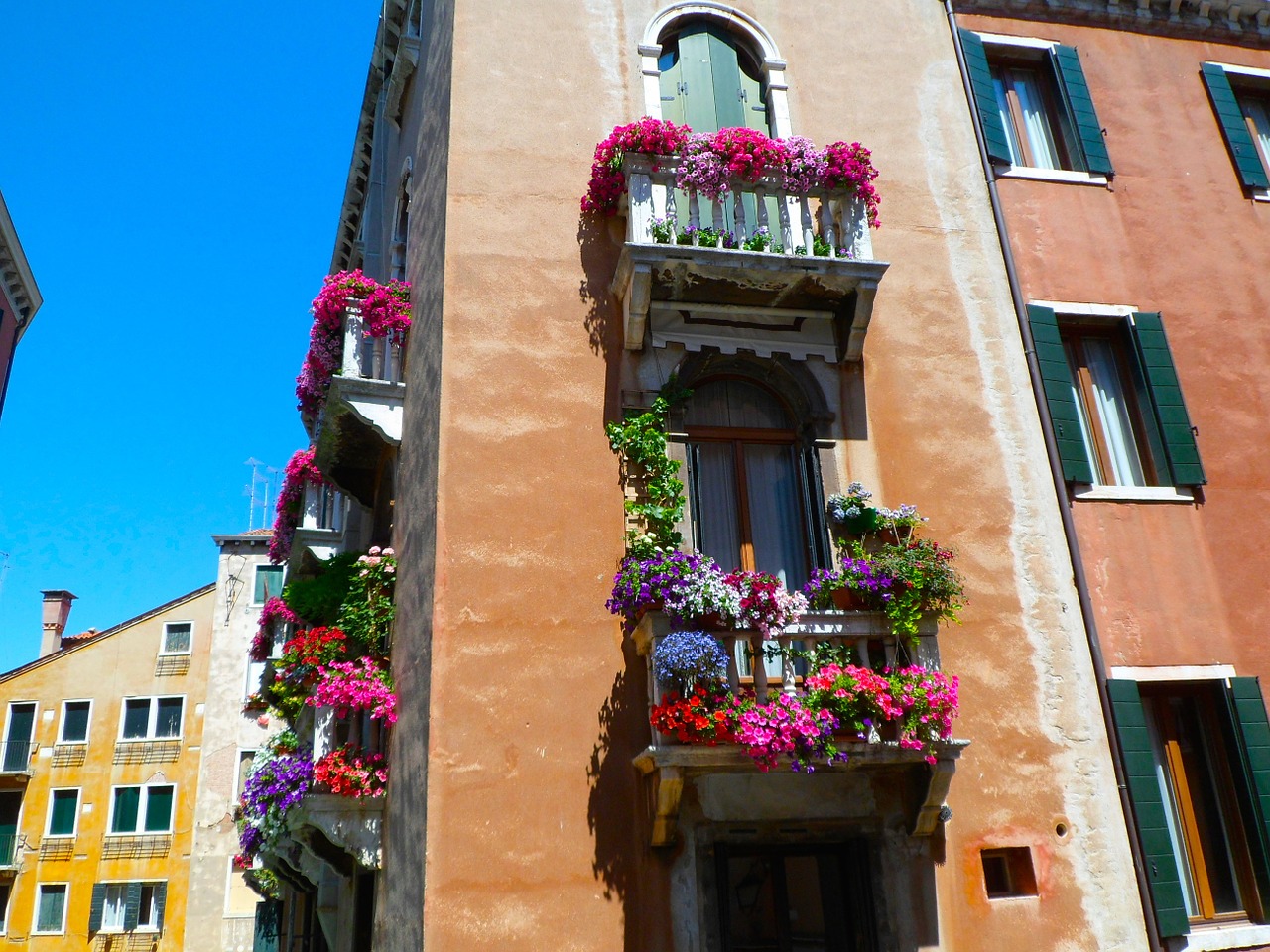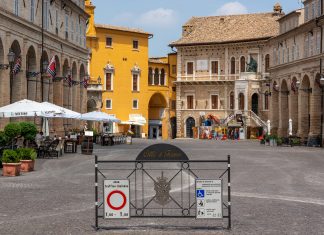Living and working abroad in Italy or moving to Italy is an amazing prospect, but planning for such a big life change can feel overwhelming at times. With so much to consider and plan for, it’s easy to overlook a vital step. This guide will walk you through some of the essential steps to fully prepare you for a safe move abroad.
GET INSURANCE COVERAGE
Insurance needs will differ depending on what is being offered by your employers. In general, though, all expats will need to get their own insurance, specifically for international travel. By beginning with some online research and then comparing individual plans, expats can find the plan that is the best fit for them and/or their families. If you’re moving abroad for school, check out the insurance plans for students. In Italy, it’s a multi step process. Go to the post office and pay for the specific type of insurance you need and then head to the ASL office to get your “tessera sanitaria.”
The most common types of international insurance include:
– International disability insurance
– Overseas life insurance
– Expatriate health insurance
MAKE SURE YOUR VISA IS UP-TO-DATE
This is so important, especially if you are a non-EU citizen. After the ninety days allowed by the tourist visa or visa waiver program, if you stay in Italy without the right documents you are an illegal resident, regardless of your nationality. Please ensure you get the relevant visa before moving permanently to Italy. Since visas are not issued in Italy, you must go to the closest Italian embassy in your country of residency or origin to apply. If you plan to stay past the expiration of your visa, you will need to apply for a “permesso di soggiorno” (permit to stay) within 8 days of your arrival.
On the other hand, EU citizens should register as Italian residents at the town hall within ninety days of moving to Italy. As part of the free movement of people laws within the European Union, EU citizens have the right to live and work in Italy automatically.
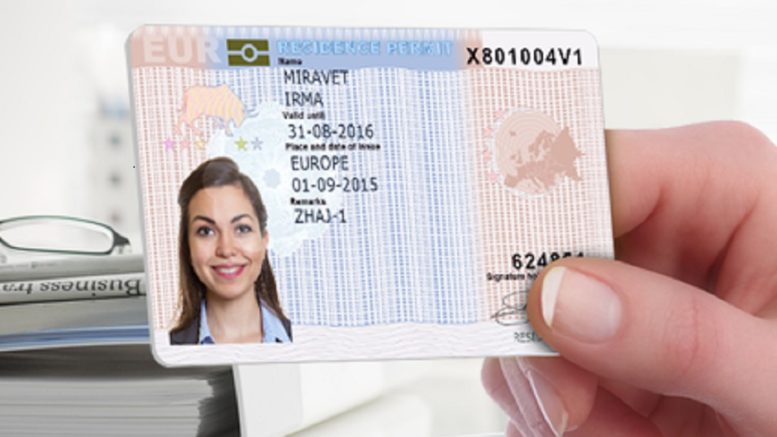
TRANSPORTATION OPTIONS
Public transportation in Italy varies greatly depending on the area. If you are bringing your own vehicle, or if your company will be providing a vehicle, get an international motor insurance.
Expats planning on using public transportation should do some research about their new city to get an idea of the types of transportation available when they arrive. In many places, there are monthly urban passes which can be cheaper. If you’re young or a student, you might be eligible for discounts or students passes!
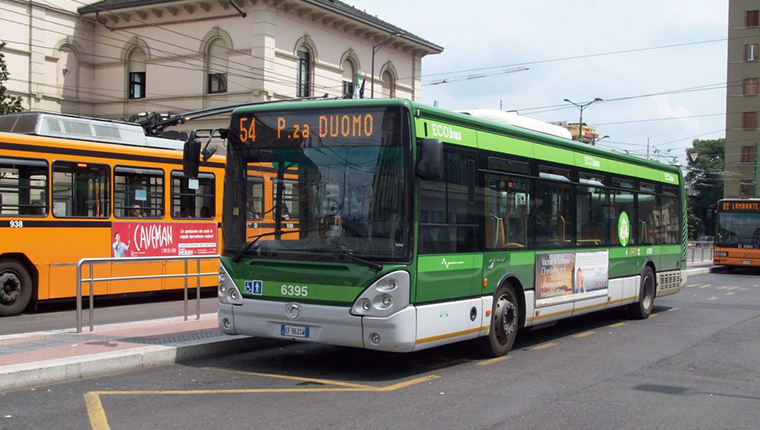
GET PROFESSIONAL HELP
If you are going to be living in Italy long-term, please hire a qualified attorney and accountant for any tax or legal advice you may need. Many expats try to do these on their own, as they are under the impression that they can get away with things in Italy and the law is not enforced. This is certainly not true! It’s always best to consult a professional before attempting to do something yourself that you do not have any experience with.
REGISTER YOUR VEHICLE
Every non-EU and EU citizen who brings their foreign-registered vehicle to Italy must register their vehicle with the Italian authorities within twelve months of becoming an Italian resident. This process can be very hard, especially if the vehicle needs modifications to be in line with Western directives. The cost is generally at least €800 plus disbursements.
Please also note that insurance firms in Italy are generally not willing to insure a foreign registered vehicle. Therefore, if you are planning to stay in Italy long-term, you should definitely register your vehicle here. Right-side vehicles (for example from the UK) also present challenges in Italy, especially with insurers.
GET THE NECESSARY VACCINES
While Italy does not require any special vaccines to enter the country, the CDC advises all travelers get routine vaccines. Additionally, some expats will need Hepatitis B, Hepatitis A, and rabies vaccines to maintain their health while in Italy. Check the CDC detail page about Italy for more information.
START NETWORKING
There are many opportunities in the ITC sector, while sectors that were once thought of as easy for landing a job, like banking, are now laying many people off. It’s best to network with Italian headhunters on LinkedIn, who are experts in the sector in which you would love to work.

RETAKE YOUR DRIVING TEST
If you come from a country that has an agreement with Italy, after 1 year of being a resident in Italy you will need to take the Italian driving test. Unfortunately, this is only available in Italian in most regions. However, you can also take the test in German or French if you live in a region of Italy where they are official languages.
For example, a state-issued US license will be valid for 1 year from when you request residency at the town hall; not from when you get the confirmation of your residency. It’s important to apply to a driving school as soon as you have your Italian ID card. The driving school will give you the drivers’ manual. You will need to study this to finish the course and take the exam. If you are taking Italian lessons, you may want to ask your teacher to focus the lessons around the manual.
LOTS OF THINGS ARE DONE ILLEGALLY
Make sure that your boss and your firm are providing you a contracted position with guaranteed pay. Many places provide work in cash and without a contract. Also, ask for your contract to be translated in English to understand what you are getting yourself into. Research the location beforehand to see if anyone has had bad experiences. If you are teaching, look for strong-name franchises rather than small private schools.
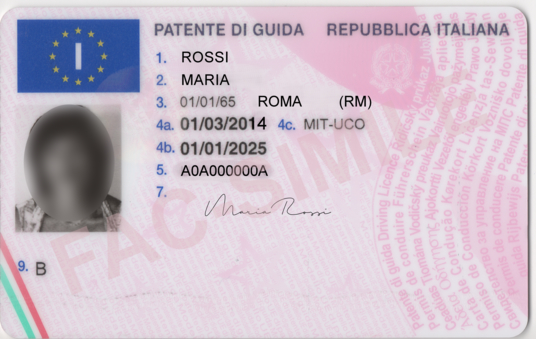
There is no other country like Italy and most visitors fall in love with it after a few months. Italians are warm, generous and funny and living among them is a remarkable experience. To ensure that you have the best experience possible for you here in Italy, it’s vital for you to be aware of the 10 must-knows I’ve outlined here.




























